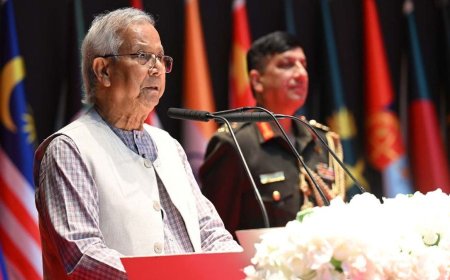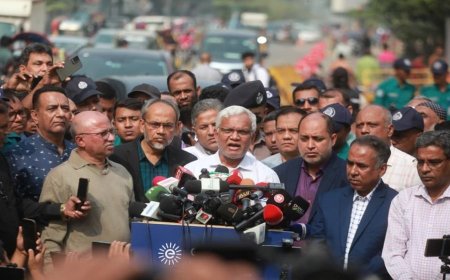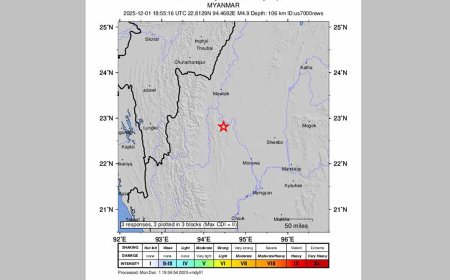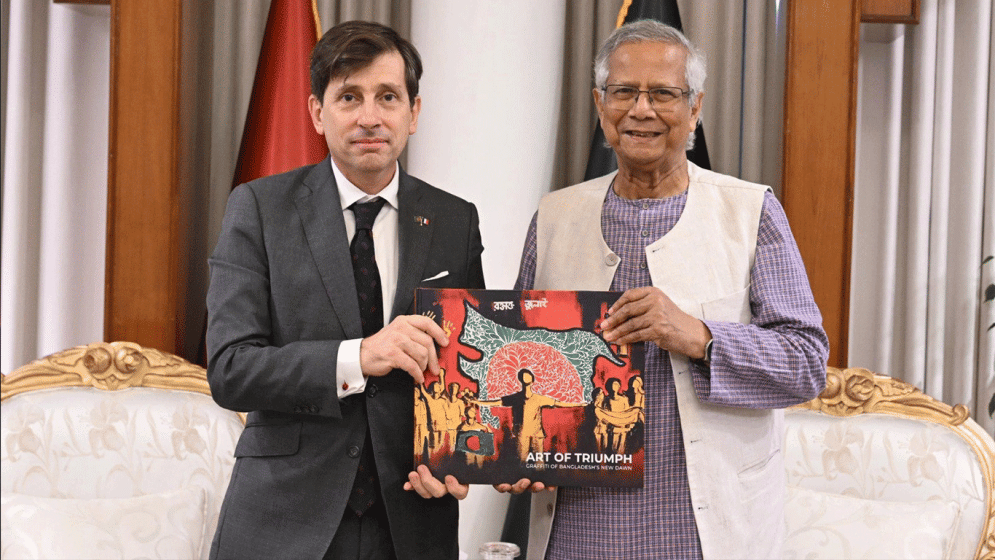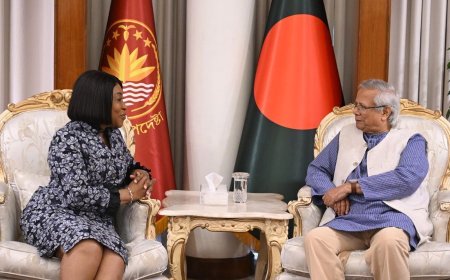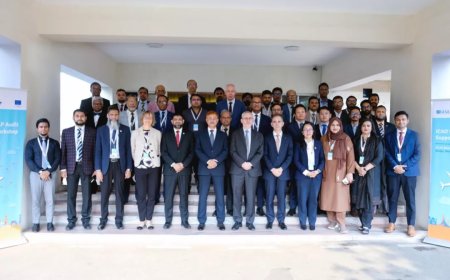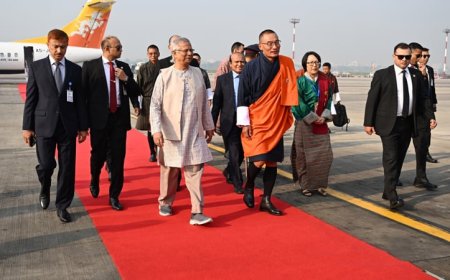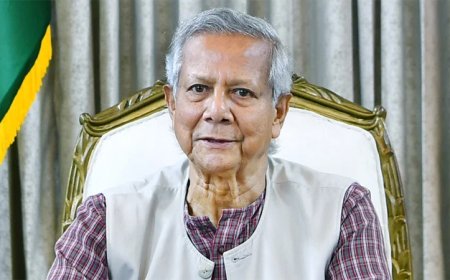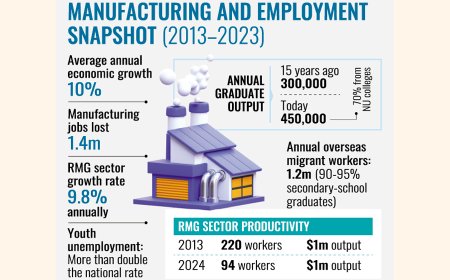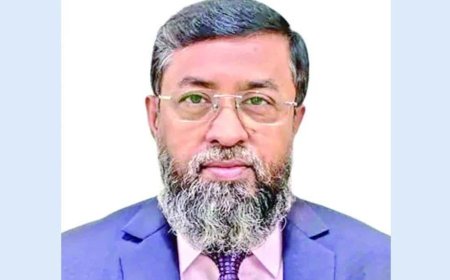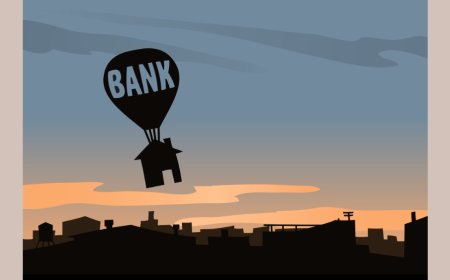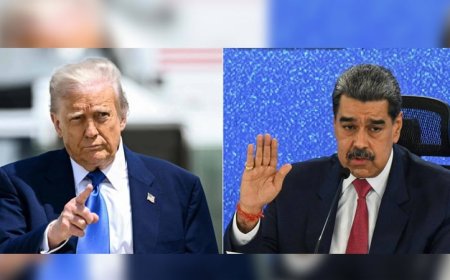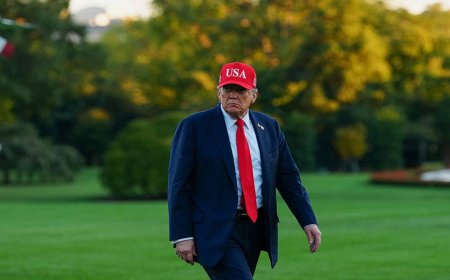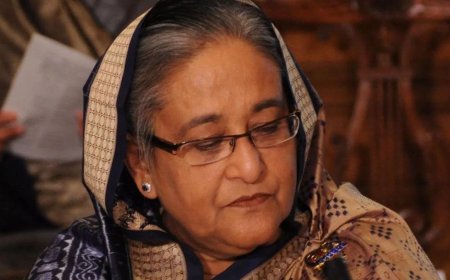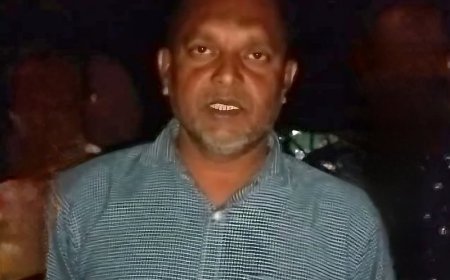27 Years After the Peace Accord, the Future of the CHT Regional Council Remains Uncertain
As the historic Chittagong Hill Tracts (CHT) Peace Accord marks its 27th anniversary today, legal complexities surrounding the Hill Tract Regional Council remain unresolved.

Since its establishment in 1999, two years after the signing of the Chittagong Hill Tracts (CHT) Peace Accord on December 2, 1997, the CHT Regional Council has operated under the leadership of Jyotirindra Bodhipriya Larma, widely known as Santu Larma and the president of the Parbatya Chattagram Jana Samhati Samiti (PCJSS). However, 13 years have passed since two appeals were filed challenging a High Court verdict that declared the regional council illegal and unconstitutional, yet the legal dispute remains unresolved.
The Appellate Division has not been able to settle the matter, largely due to a lack of initiative from the concerned parties. The High Court ruling, issued on April 13, 2010, by a bench led by Justice Syed Refaat Ahmed—now the Chief Justice—was based on writ petitions filed by M. Badiuzzaman and Md. Tajul Islam, the current chief prosecutor of the International Crimes Tribunal. The court held that the CHT Regional Council Act of 1998 undermines the unitary character of the state, a core feature of the Constitution.
Despite this verdict, the council continues to function under an Appellate Division stay on the High Court ruling. In 2011, the Awami League government and the CHT Regional Council both filed appeals against the High Court decision, arguing that the council is a statutory body facilitating the activities of three hill district councils, in alignment with constitutional provisions. They contended that the contested provisions of the 1998 Act are protected by constitutional measures aimed at supporting disadvantaged populations.
The Appellate Division reaffirmed its stay on March 3, 2011, enabling the government and Santu Larma to proceed with their appeals. The case was listed for a hearing on March 6, 2018, but was adjourned by a four-member appellate bench led by then-Chief Justice Syed Mahmud Hossain, following a request for more time from Additional Attorney General Murad Reza. Since then, neither party has actively pursued the case, and no hearings have been held.
Murad Reza resigned as Additional Attorney General on October 11, 2020. When contacted, petitioner Tajul Islam stated on November 22 that he is currently too preoccupied with his work at the International Crimes Tribunal to take further steps regarding the appeals. He noted that any future action would depend on the state counsels if the appeals come up for hearing.
Barrister Belayet Hossain, representing the writ petitioners, emphasized that the Appellate Division must conduct a comprehensive hearing to resolve the issue, given its historical, political, and constitutional implications. He argued that the High Court's decision should be upheld, as the CHT Regional Council does not constitute a local government but operates more like a "mini-state" within the Republic of Bangladesh, which undermines the unitary structure of governance.
Meanwhile, Additional Attorney General Aneek R. Haque indicated on November 22 that the appeals may soon be addressed, as they are currently on the court's hearing list.
What's Your Reaction?








